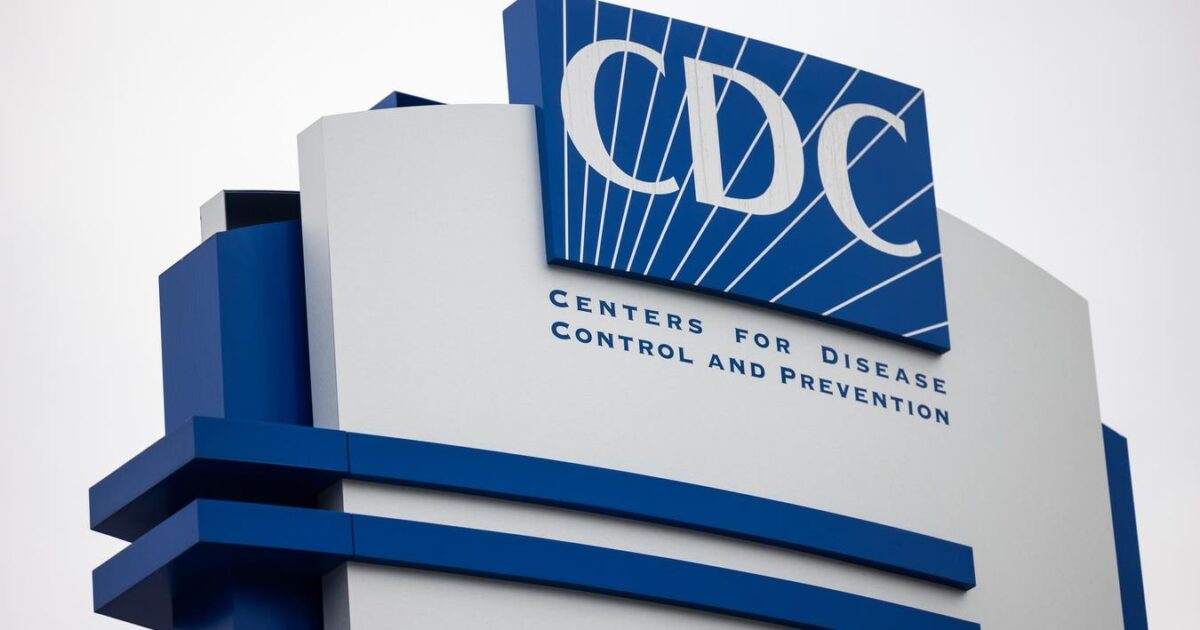ACIP Panel Rejects COVID-19 Vaccine Prescription Requirement

The Advisory Committee on Immunization Practices voted to not require a prescription for the COVID-19 vaccine. (Photo by Nathan Posner/Anadolu Agency via Getty Images)
Anadolu Agency via Getty Images
During this week’s much-anticipated meeting of the CDC’s Advisory Committee on Immunization Practices, the panel voted not to require a prescription for the COVID-19 vaccine. Additionally, members voted to remove the measles, mumps, rubella, varicella vaccine from the list of approved childhood vaccines.
The group met on Thursday and Friday at the Centers for Disease Control and Prevention amid widespread concerns about the committee following a membership shake-up by Health and Human Services Secretary Robert F. Kennedy Jr.
COVID-19 Vaccine Recommendations
Probably the most anticipated discussion at the meeting centered on the COVID-19 vaccine. With little dissent, the committee approved a statement that COVID-19 vaccination should be, “based on individual-based decision-making.” The full statement noted that, for people between the ages of 6 months and 64 years, the risk-benefit ratio is most favorable for people at increased risk of severe disease.
The most interesting debate, however, centered on a discussion about the requirement for a prescription for the COVID-19 vaccine. The motion considered by the panel stated, “It is the sense of the committee that state and local jurisdictions should require a prescription for the administration of a COVID-19 vaccination.”
Dr. Cody Meissner of the Geisel School of Medicine at Dartmouth remarked that he was, “strongly opposed to the requirement of a prescription.” Other members agreed with Dr. Meissner, arguing that this requirement would limit access and disproportionately affect lower-income people, thereby reinforcing long-entrenched health disparities.
But proponents of the measure argued that there are risks associated with the vaccine. Therefore, they argued, a prescription should be required. This group felt that a licensed healthcare professional should make a risk-benefit analysis of the vaccine for a given patient.
The vote on this measure ended in a tie, with six members voting to require a prescription and six members voting against this requirement. The chair of the panel, Dr. Martin Kulldorff, broke the tie with his vote against the motion.
MMRV Vaccine Recommendations
By an 8 to 3 vote, the panel recommended that children under 4 should not receive the MMRV vaccine, a combination vaccine that targets measles, mumps, rubella and varicella (commonly known as chickenpox). The MMRV vaccine, licensed for use in 2005, represents a combination of the more commonly used MMR and varicella vaccines.
Children typically receive a dose of each vaccine when they are 12 to 15 months old and a second dose of each vaccine between the ages and 4 and 6. Because the schedules for both vaccines are similar, the combination vaccine was developed as a way of reducing the total number of shots that children must receive. The effectiveness of the combination vaccine is quite high. But opponents of this vaccine note that the risk of febrile seizures is a bit higher with the combination vaccine than with either of the individual components.
Current guidelines recommend that children receive either two doses of the MMRV vaccine or two doses of the MMR vaccine and two doses of the varicella vaccine. Currently in the United States, about 85% of parents choose the separate MMR and varicella vaccines, whereas 15% choose the combination vaccine. Thus, the effects of this change probably will be minimal.
Paradoxically, the panel voted 8 to 1 on Thursday in favor of maintaining the Vaccines for Children program coverage of the MMRV vaccine. It’s unclear why a vaccine not recommended by the panel would nonetheless be covered by the VFC program. On Friday, however, they reversed course and voted to remove the MMRV vaccine from the VFC program list.
The Advisory Committee On Immunization Practices
This advisory panel was established in 1964 by the U.S. Surgeon General. Its mission during the subsequent 60 years has remained fairly constant. According to its charter, “The ACIP shall provide advice and guidance to the Director of the CDC regarding use of vaccines and related agents for effective control of vaccine-preventable diseases in the civilian population of the United States.” If the director of the CDC accepts the panel recommendations, then they are published as the official CDC vaccination recommendations.
The ACIP members also are tasked with recommending which shots should be included in the Vaccines for Children Program. Established by Congress in 1993, the VFC Program makes vaccines freely available to eligible children. Since its inception, this program has substantially reduced socioeconomic disparities to vaccine access.
The legitimacy of the ACIP has been in question since June, when Kennedy removed all 17 sitting members of the panel. Numerous medical groups, including the American Academy of Family Physicians, the American Public Health Association, the Infectious Diseases Society of America and the National Foundation for Infectious Diseases, strongly criticized this move. They worry that newly appointed panel members would share Kennedy’s vaccine skepticism and undermine public trust in these life-saving medical interventions. Twelve new members have since been appointed to the ACIP.
The panel’s recommendations now will be forwarded to the director of the CDC. Jim O’Neill currently serves as acting director after Susan Monarez was fired from the post in August.

